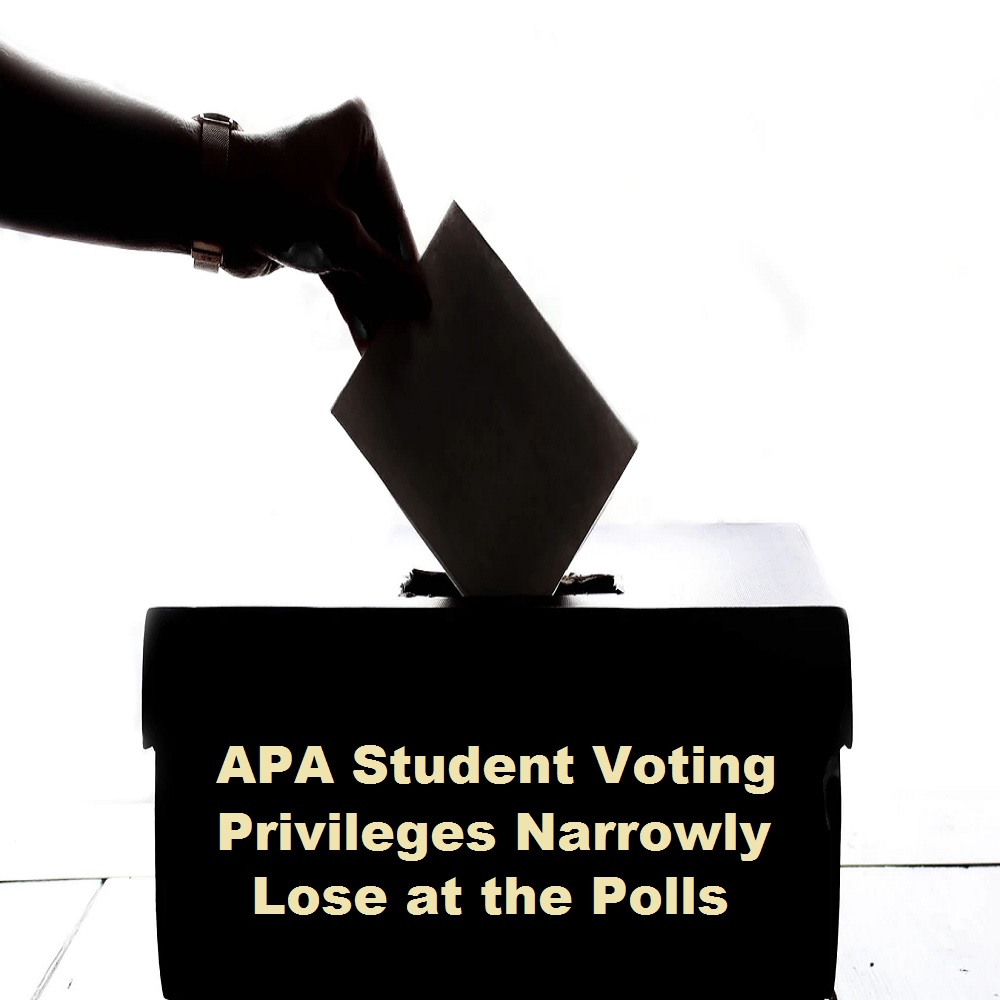In this post, I look at both narrative therapy and medical memoirs as forms of centering the patient’s experience of their own health.
“Narrative therapy seeks to be a respectful, non-blaming approach to counselling and community work, which centres people as the experts in their own lives” reads the introduction to narrative therapy on the Dulwich Centre homepage, a great pitstop for anyone engaging in this style of treatment.
Narrative therapy works on the basis of seeing people as distinct from their ‘problems’ or the issues that they bring to a psychologist or other psychotherapist. It works on the premise that people have identities that are multi-faceted, and the ailment that they face is only a part of who they are. Further, this school of thought favors the idea that “curious listening” to clients can give therapists a chance to facilitate healing through rich descriptions based on their clients’ stories. A rich description here can be understood as knowledge of the ailment as experienced by the patient with their own history of existence (and stories have a lot to contribute to a person’s existence). This emphasis on the patient’s agency to tell their story is common in narrative therapy and medical memoirs.
A conventional definition of psychotherapy is a practice that helps someone “overcome their mental disorders and also aims for the betterment of the person” (See Psychological Science). The definition is inverted when we understand psychotherapy to be more than merely solution-driven, as in narrative therapy. Here, the path of healing is travelled by both parties. The facilitation of healing ceases from falling squarely on the therapist.
We can now turn to medical memoirs for similar lessons. A first glance at this subgenre of life writings, gives one the impression that they are primarily physician narratives that speak of their experiences of an illness, or their patients’ experiences with illnesses. This, however, has been recently challenged. Works like Amala Poli’s Writing the Self in Illness looks at the need for scholars and readers to look at memoirs with an experiential and caregiving lens. The writings go beyond a subservient purpose of offering physicians a stronger sense of the personhood/body in the state of illness.
Poli writes: “The medical memoir is a counter narrative to medical discourses that takes the form of self-representation by foregrounding the experiential. The particular account of illness that the medical memoir articulates is indeed a way of reclaiming both the body and the self’s narrative of illness, but also one of expanding the understanding of health and illness in a language and form different from the one used in conventional medical discourse” (pg. 8).
Poli’s ‘conventional’ here refers to the outlook that an ailing body or mind is the arena of the professionals. However, when the matter is of representation, the following question arises: Who has the authority to write about an ailing body? The current shifts in the field of medical humanities are expanding and rewriting the narrative to include the validity of memoirs by non-medical professionals and caregivers. The importance of self-tellings is marked by this shift in the meeting place of literature and medicine.
The limited understanding of medical memoirs and use of narrative therapy restrict us from the plethora of knowledge that patient-narratives are bringing to the fore. By centering the experiential in our patients’ stories, medical memoirs and narrative therapy are both redefining how healthcare exists in and is perceived by the world. They offer the potential to highlight the patient at the center of interpersonal relationships, being in a relationship with their own ailing or aching body and mind. The centering of human stories leads to rich descriptions, collaborative healing, and a celebration of human agency.
Dennis Wesley is an independent researcher and budding blogger. His interests include STEM and Humanities education, especially interdisciplinary practices and methods. He is equally passionate about the Sciences and the Arts, and mainly aims to present the pros of rigorous interdisciplinary training and processes. You can read more of his writing here.


